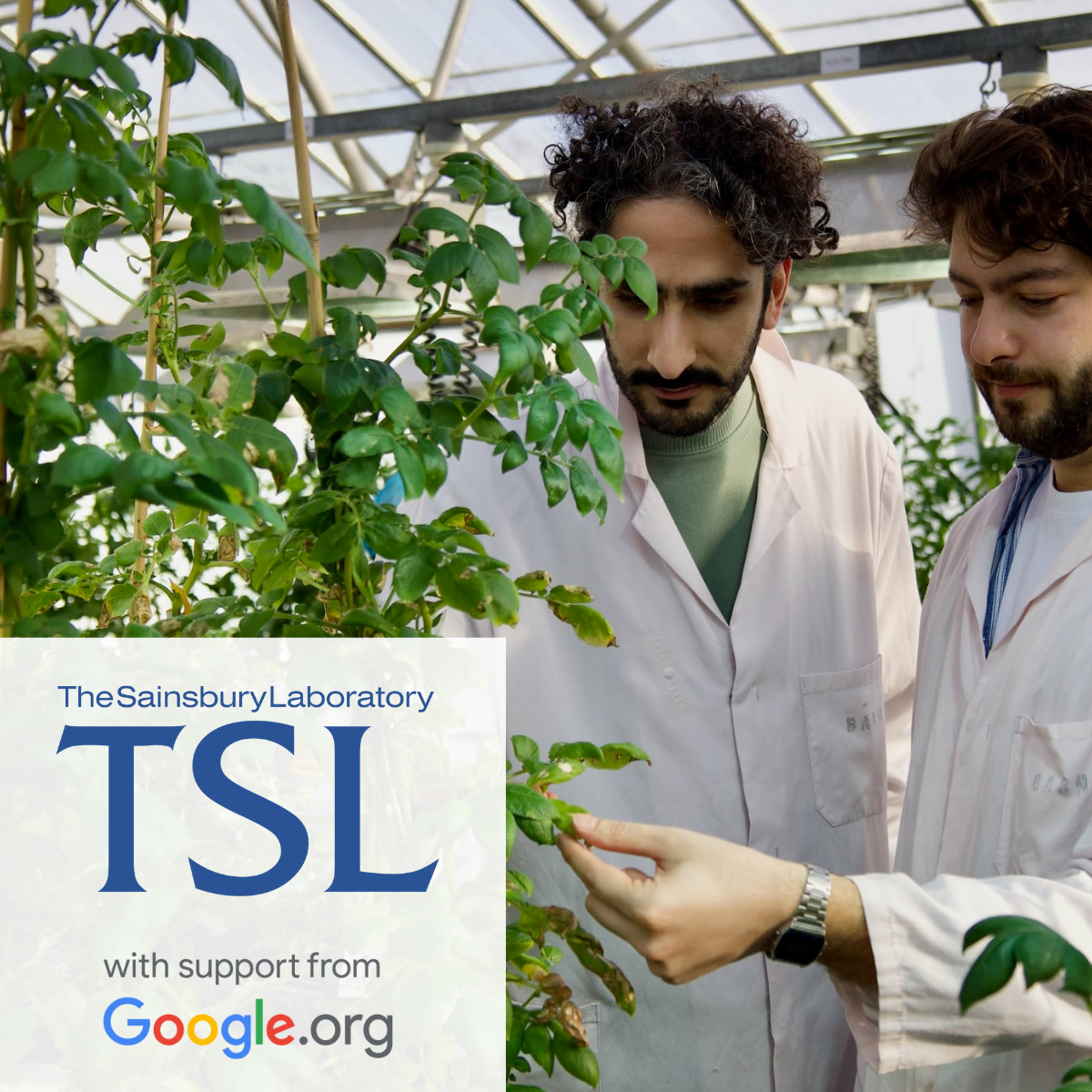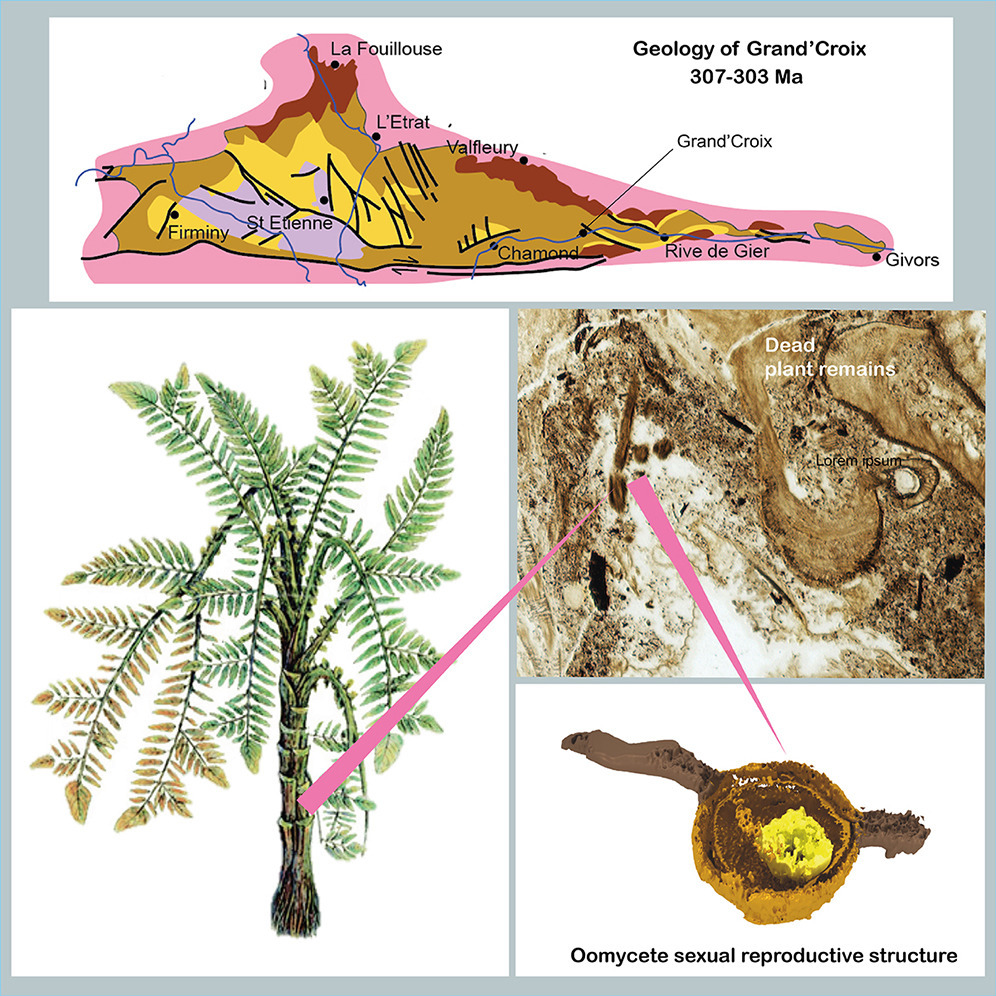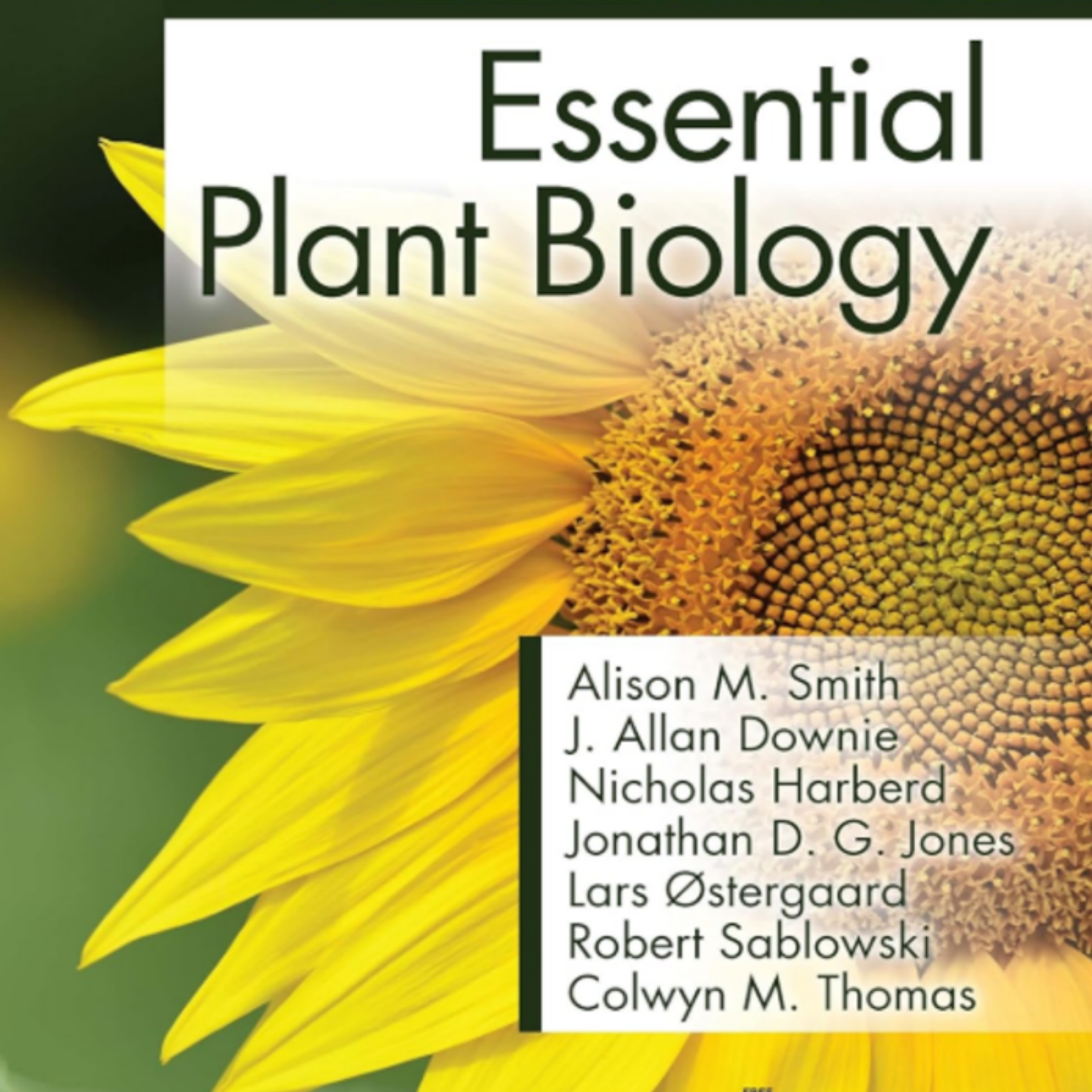Tatsuya Nobori group now live at TSL
We celebrate the arrival of new group leader, Tatsuya Nobori, to Norwich. Tatsuya officially moved into his TSL office this week, marking the start of a new research group with exciting questions.
Originally from Japan, Tatsuya has joined us from San Diego where he was a Postdoctoral Scientist at the Salk Institute in Dr Joseph Ecker’s lab.
Tatsuya is intrigued by the heterogeneity in plant-microbe interactions created by different cell types of plants and non-uniform distribution of microbes, which has been difficult to study with tissue level analyses.
His research aimed to establish resources and technologies necessary for better resolving this heterogeneity. Tatsuya employed various single-cell omics and spatial omics technologies to analyse responses of individual plant cells during pathogen infection.
In his new role as group leader at The Sainsbury Laboratory, Tatsuya is determined to make a positive impact on the research community in Norwich and the field of host-microbe interactions and plant science.
“I’m excited to launch our new lab with such a talented and experienced team in this exceptional environment. I look forward to advancing science together.” he shares.

Tatsuya settling into his new office
With his strong background in the field of molecular plant-microbe interactions (MPMI), Tatsuya brings complementary expertise to TSL in the use of single-cell omics and spatial omics technologies to better understand how individual cells of plants and microbes interact with each other.
“My lab will employ cutting-edge technologies and create new methodologies to tackle important and unexplored questions in the MPMI field.” he says, “For example, I aspire to identify novel cell populations of plants and microbes and comprehend their functions with underlying gene regulatory mechanisms.”
This is why the Tatsuya Nobori group sets out to understand molecular and spatiotemporal characteristics of cells comprising the holobiont (the collective entity of the host and surrounding microbes).
The new group will:
(1) characterize the responses and functions of both plant and microbial cells at the single-cell and spatial resolution
(2) link single-cell plant-microbe interactions with holobiont traits
(3) precisely manipulate cells in the holobiont to confer desirable traits.
You can read more about Tatsuya's interesting research background in this article.

Credit: Tatsuya Nobori
We hope Tatsuya and his family will feel right at home in Norwich after the big move from San Diego, and also find time in this last stretch of summer to explore our beautiful countryside and coast.
Prof. Nick Talbot, Executive Director of The Sainsbury Laboratory, says, “We are delighted to celebrate Tatsuya's arrival to The Sainsbury Laboratory and extend a warm welcome to his new lab members into the TSL community. I am confident that the Tatsuya Nobori group will make important contributions to the science programme at TSL, and we look forward to supporting his group's growth and discoveries within our Laboratory.”


